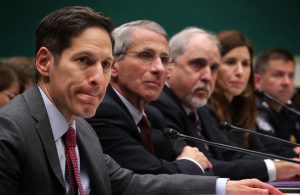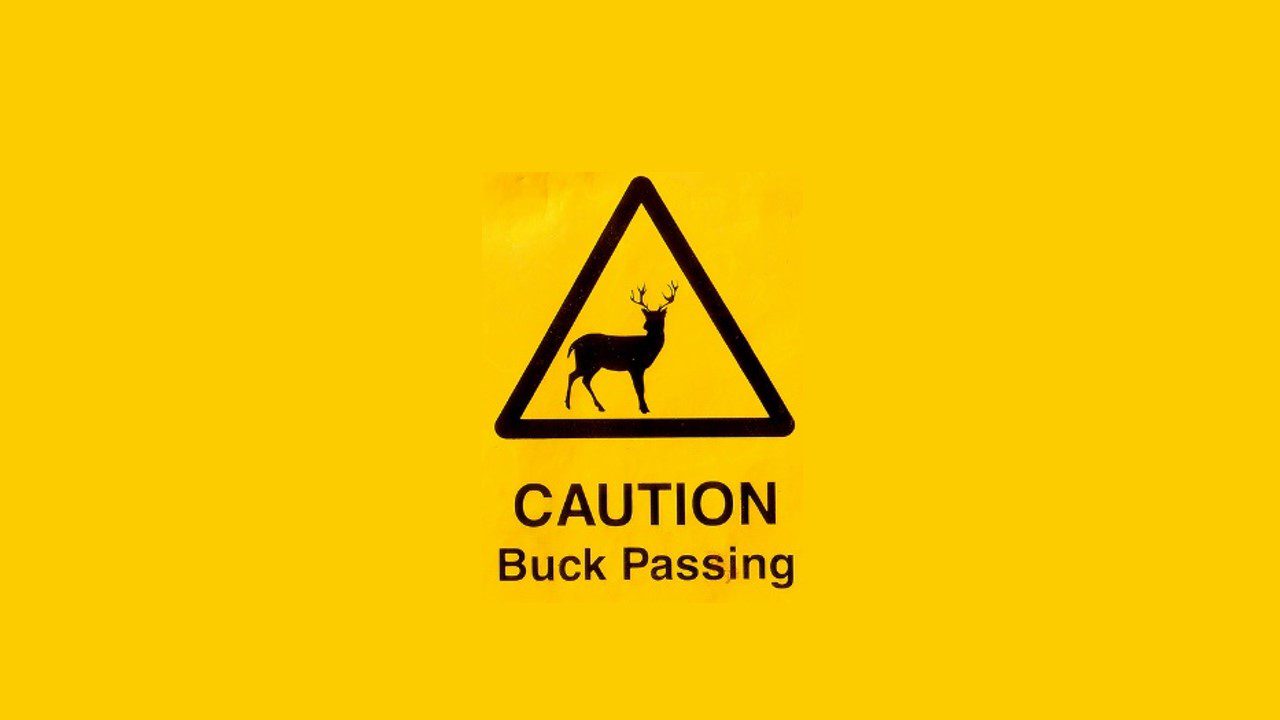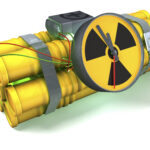 As we look at the obvious lack of preparedness for this recent outbreak of Ebola and subsequent spread to healthcare workers in the US, we looked back at our coverage on this issue from April this year, and July, and the inevitable spread to the US and wondered why we were so unready to treat the first cases, and still unready for the vast majority of US hospitals. The outbreak was in the international press from December of last year and went on for over six months before the US came up with a game plan. If we look for a political scapegoat for the lack of readiness in the US healthcare system, we will find that there is plenty of blame on both sides of the aisle and well-documented grandstanding on the issue without any meaningful follow up by either party. When CMS-3178-P was published to the Federal Register during the lull between Christmas and New Year, we were asked to analyze the rule and give our opinion on whether it had political support from Congress.
As we look at the obvious lack of preparedness for this recent outbreak of Ebola and subsequent spread to healthcare workers in the US, we looked back at our coverage on this issue from April this year, and July, and the inevitable spread to the US and wondered why we were so unready to treat the first cases, and still unready for the vast majority of US hospitals. The outbreak was in the international press from December of last year and went on for over six months before the US came up with a game plan. If we look for a political scapegoat for the lack of readiness in the US healthcare system, we will find that there is plenty of blame on both sides of the aisle and well-documented grandstanding on the issue without any meaningful follow up by either party. When CMS-3178-P was published to the Federal Register during the lull between Christmas and New Year, we were asked to analyze the rule and give our opinion on whether it had political support from Congress.
This proposed regulation would put into place to safeguard the public from all types of infections diseases and and other natural and man-made disasters. It came on the heels of the Sandy investigation, which demonstrated that despite the billions spent to safeguard and prepare hospitals in New York City, they failed miserably to keep their patients safe.
Our approach to understand the impact of the rule was divided between reading all press and public comments to understand the industry perspective and to contact and speak with as many members of the House and Senate as possible during the initial comment period, which was extended. We read all of the several hundred public comments and sent out six hundred faxes, emails, and the telephone calls to over 100 members of Congress including Leadership and relevant Committee membership.  This activity produced only one single quotable comment, from Senator Bill Nelson of Florida. This apparent apathy from those in the House and Senate Homeland Security Committees, House Oversight and Investigations Committee, Senate Aging, Senate DHHS, Senate Energy and Leadership Committees for both parties in both houses of Congress. In our opinion, both DHHS and CMS high-level representatives should have been testifying with Dr. Frieden, as they have and ultimate oversight responsibility for safety and security in our nation’s hospitals and healthcare system.
Most of the press secretaries acting as gatekeepers during the process indicated that they had not heard of the proposed rule other than in the fax letter and overview that we had sent to them. This was during the Official Comment Period from January to March.
 Watching the grilling that House Members gave the Director of the CDC, Dr. Tom Frieden, last week and seeing their incredulous questions was shocking. Can Congress really be so uninformed about the realities of our national capabilities to respond to these types of disasters? We are only a month or two beyond the OIG report that revealed that 200,000 respirators in the national stockpile had gone beyond their warranty dates, as well as all of the hand sanitizer and a majority of the viral vaccinations. This in spite of the CDC failures during the 2009 H1N1 outbreak and essentially the same representatives grilling essentially the same bureaucrats.
Watching the grilling that House Members gave the Director of the CDC, Dr. Tom Frieden, last week and seeing their incredulous questions was shocking. Can Congress really be so uninformed about the realities of our national capabilities to respond to these types of disasters? We are only a month or two beyond the OIG report that revealed that 200,000 respirators in the national stockpile had gone beyond their warranty dates, as well as all of the hand sanitizer and a majority of the viral vaccinations. This in spite of the CDC failures during the 2009 H1N1 outbreak and essentially the same representatives grilling essentially the same bureaucrats.
Dr. Frieden repeatedly passed the buck about who controlled safety and security in hospitals, saying it was the responsibility of the States and that CDC had no authority to make them do anything. We were surprised that nobody called him out on that statement; his boss at DHHS is also responsible for CMS, which is responsible for regulating the industry through standards and guidelines.
 DHHS/CMS is responsible for oversight of healthcare delivery through contractors in the civilian sector and state agencies. These are in turn accredited and certified to receive Federal reimbursement for eligible government beneficiaries. Among these external evaluation mechanisms is the near-monopoly TJC, which has failed in its mission to increase the level of safety and security in healthcare despite decades of direct government support. TJC is the narrow point in the funnel – they can exclude hospitals from receiving federal funds from Medicare and Medicaid, although it is an extremely rare event that they actually carry out this sanction. This despite their own reporting that 60% of hospitals had Infection Control deficiencies in the first half of 2014, even as  we are seeing the threat of major pandemics across the country. Congress has the ultimate oversight responsibility to keep the public safe, and they have also failed miserably at their responsibility, while grandstanding at every opportunity. Below is a copy of the first of several emails we sent out trying to get public comments for CMS-3178-P.
DHHS/CMS is responsible for oversight of healthcare delivery through contractors in the civilian sector and state agencies. These are in turn accredited and certified to receive Federal reimbursement for eligible government beneficiaries. Among these external evaluation mechanisms is the near-monopoly TJC, which has failed in its mission to increase the level of safety and security in healthcare despite decades of direct government support. TJC is the narrow point in the funnel – they can exclude hospitals from receiving federal funds from Medicare and Medicaid, although it is an extremely rare event that they actually carry out this sanction. This despite their own reporting that 60% of hospitals had Infection Control deficiencies in the first half of 2014, even as  we are seeing the threat of major pandemics across the country. Congress has the ultimate oversight responsibility to keep the public safe, and they have also failed miserably at their responsibility, while grandstanding at every opportunity. Below is a copy of the first of several emails we sent out trying to get public comments for CMS-3178-P.
Dear Senator / Representative,
The CMS-3178-P proposing important rule changes in the nation’s posture to protect all stakeholders in the Hospital to Hospice Continuum is finally here. The Public Health and Healthcare sector has been and is the “weakest link in the Homeland Security chainâ€. Despite a plethora of guidance to the sector, they have consistently failed in their duty to protect the trusting public in time of known crises. Having received accreditation for CoP is no guarantee of safety and security (All Hazards) preparedness, as evidenced in Hurricane Sandy, Joplin, Irene, Katrina, Allison, etc.
Rather than boring you with reams of evidence-based facts and figures we would call your attention to the two books we provided your staff. The first book “UNREADY: To Err is Human-The Other Neglected Side of Hospital Safety and Security†July, 2010 and “DEADLY NEGLECT: Apathy and Denial vs. Act of God†August, 2011.
Our assumption is that the industry’s wholesale failure before, during and after Hurricane Sandy provided DHHS with a sense of urgency to take action. The timing for the release of the proposed rule has us scratching our heads; it is not as if DHHS-CMS-ASPR has some idle time to take action on the proposal given challenges such as ACA, ICD-10 and Meaningful Use. It is our hope that Congress has seen the “writing on the wall†and has decided to act.
We have already witnessed a frenzy of activity in the Industry surfacing reasons to keep with the status-quo, and trust that your office is on the right side of this issue to keep the nation’s healthcare populations, and your constituents, safe and secure in an increasing hostile world. We look forward to the comment period and your strong advocacy on this issue.
Sincerely,
James D. Blair, DPA, FACHE
www.linkedin.com/in/jamesdblairchcer/
CEO – Center for Healthcare Emergency Readiness (www.chcer.org)
Names of individual representatives and senators and their staff who received these faxes and emails are available on request.






0 Comments